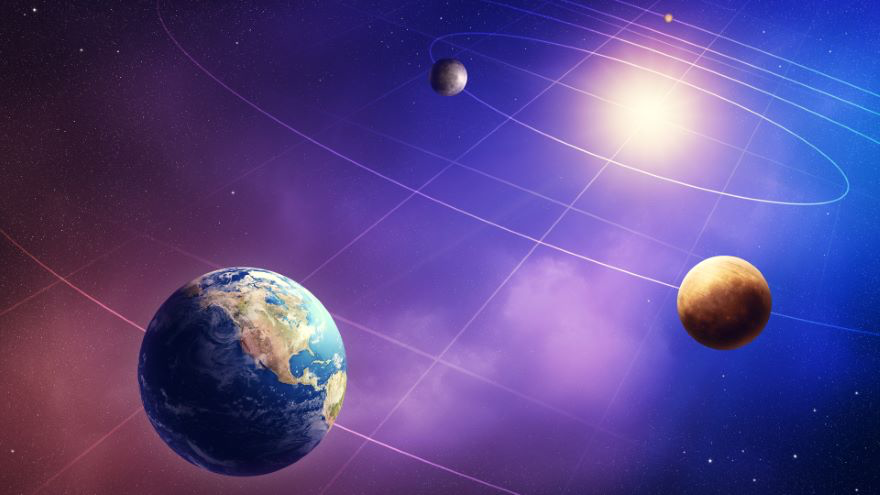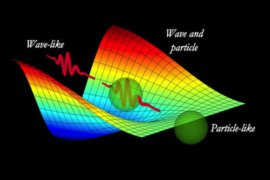
Mark Twain is often quoted as saying, “It ain’t what you don’t know that gets you into trouble. It’s what you know for sure that just ain’t so.” It’s a great quote, both because of its obvious truth and authentic Twain wit.
Yet, in a wonderful turn of irony, it turns out that Twain never said anything of the kind. But that doesn’t mean that the quote isn’t interesting or isn’t something that is in character for Twain to have said. But it is an example of an important truth: People are sometimes very confident that they know something that turns out to not be true.
There is no field of human knowledge that is immune to this phenomenon— be it history, medicine, sports, or even the supposedly fact-oriented field of science. In fact, it is not unusual for a highly educated person to have been taught and learned a great number of scientific ideas that are not entirely true and, very rarely, an idea that is actually entirely false.
This observation is not an indictment of our education system. Modern science is often very difficult to grasp and can include such mind-bending assertions that clocks moving at high speed tick more slowly than stationary ones or that the laws of quantum mechanics can assert with a straight face that a cat can be both alive and dead.
Even in corners of science that are more familiar, it is possible to have learned claims that are mostly, although not quite entirely, true—such as that a thrown baseball follows a parabolic arc or that the electricity that lights your house involves the steady flow of electrons through wires.
This course addresses this phenomenon head-on by examining 2 dozen scientific topics that even the most learned amateur student often gets wrong and then by explaining a deeper and more accurate truth. These lectures cover a vast range of scientific topics, from physics to chemistry to biology. They explore common misconceptions in quantum mechanics and Einstein’s theory of special relativity, of course, but the coverage is much broader than that. The course debunks an explanation of how airplanes fly that is found in nearly every physics textbook. It explores the topic of radioactivity and offers an accessible description of the various types of radiation and whether they are all dangerous or not. While nobody knows for sure if alien life exists, the laws of science can tell us a great deal about what is possible and not. As an example, scientists think that silicon-based life is far less likely than carbon-based life, in spite of the active imaginations of some science fiction writers.
The fact that you can’t go faster than light is one of the fundamental truisms in science, and it is true in a manner of speaking. However, that statement comes with some caveats and nuances, and it turns out that care must be taken when discussing the subject. The lectures describe those caveats and explain how traveling faster than light is a possibility if you ask the question properly. (But don’t get too excited; the truth doesn’t lead to a quick way to explore the stars.)
The course also tackles common misconceptions about the function of the brain, claims about nutrition, and the terribly misused field of statistics. It describes how many people misunderstand the theory of evolution and even explains that the familiar matter that makes up you and everything around you is really nothing more than empty space and force fields. Something turns out to be nothing.
|
Wondrium, a rebranded version of The Great Courses Plus, brings you engaging, educational content through short form videos, long form courses, tutorials, how-to lessons, travelogues, documentaries, and more, covering every topic you’ve ever wondered about and many you never thought you’d wonder about. Wondrium offers a 14-day free trial when you sign up on its website. The trial gives you access to every video and audio lecture that Wondrium offers. You can watch the videos on almost all your favorite devices, like Roku, Fire TV, and Apple TV. |
This course takes the following approach. Because not all people have the same background in science, the first portion of each lecture is spent teaching the subject matter in the manner it is frequently understood, including the common misconception. Then, the latter half of the lecture dispels the misconception and replaces it with a better and more accurate understanding of the underlying science. As you work your way through this course, you will find yourself amazed at the deeper and more nuanced ways that professional scientists understand the fascinating world around us.

 PacificRimTackle
PacificRimTackle
